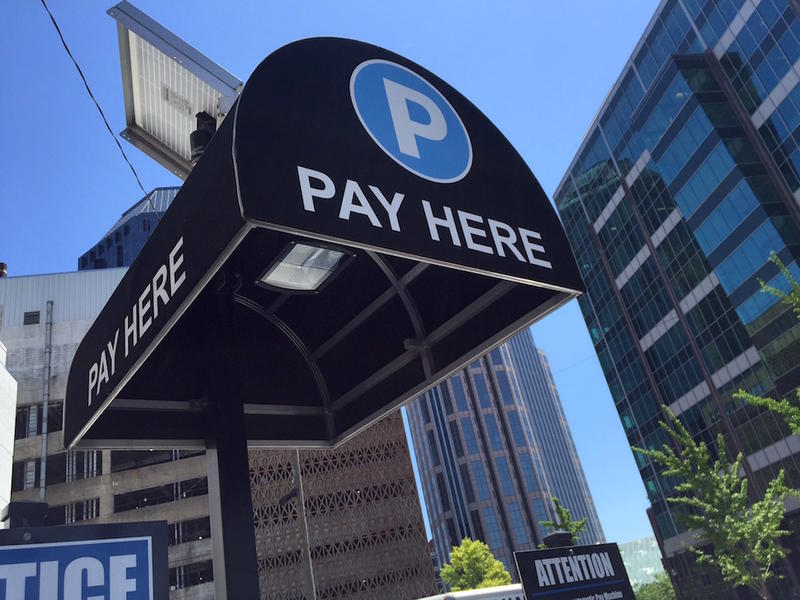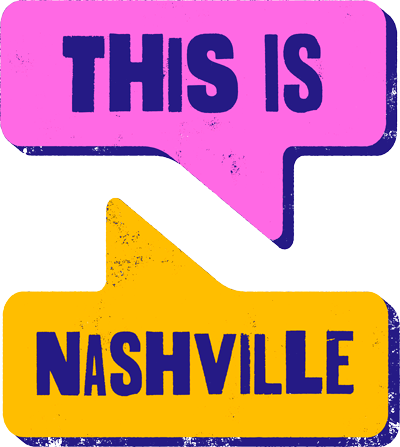
If you’ve ever scrounged around your car looking for parking meter change, that won’t be necessary much longer in Nashville.
This month, the Nashville Department of Transportation is trading downtown parking meters for QR codes and kiosks. The move is accompanied by another big change: an end to free night parking.
District 34 Council Member Angie Henderson serves on the Traffic and Parking Commission. She visited our daily show “This Is Nashville” on Friday and explained the reason behind the shift to 24/7 enforcement. According to Councilwoman Henderson, free parking can actually induce traffic, as residents will opt to drive when given the choice between free parking or public transportation.
“In a city that is growing and growing, there is only so much road space. There is only so much curb space,” Councilwoman Henderson says. “You can’t keep widening roads, you can’t keep providing more and more parking. It just induces traffic.”
This does pose an issue for some Nashville residents for whom parking is already an obstacle.
Abbey Moss, a local musician, maintains two jobs in the service industry: one to help her make ends meet; the other, to access low-cost parking.
“I was able to keep my hotel job one day a week so I have a ‘clopen’ situation, which is basically closing at one job and opening at the other in the morning,” Moss explains. “But it’s an opportunity, you know, to have safe parking … I can’t afford to not work that job.”
She says public transportation isn’t a safe option for her because it’s a 20-minute walk from her home to the nearest bus stop.
The Metropolitan Transportation Authority is implementing a program called “WeGo Link” that would subsidize rideshares for passengers needing a ride from their bus stop to their door. Councilwoman Henderson says that as the city is implementing 24/7 parking enforcement, 24/7 public transportation also needs to be available.
Preliminary around-the-clock parking enforcement is rolling out later this month after installation of the new meters, which is set to begin Feb. 13th.
Initially, violators will only face warnings. Punitive enforcement is expected to begin in March. That is when “barnacles” — a plastic cover that suctions to a vehicle’s windshield, preventing driving visibility — will be implemented. Violators will have to pay a fine to remove the barnacle.


